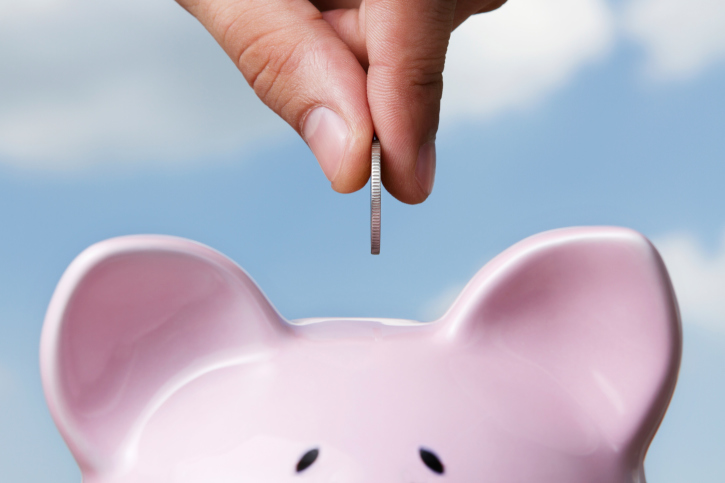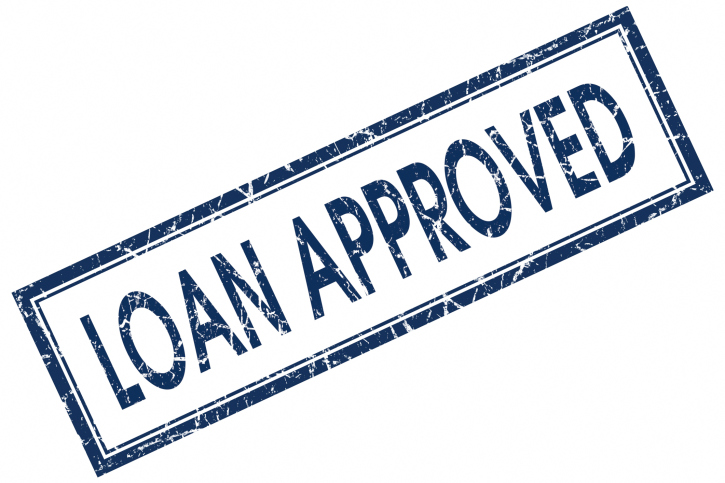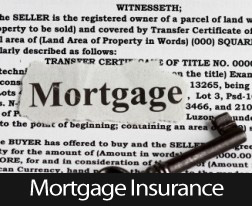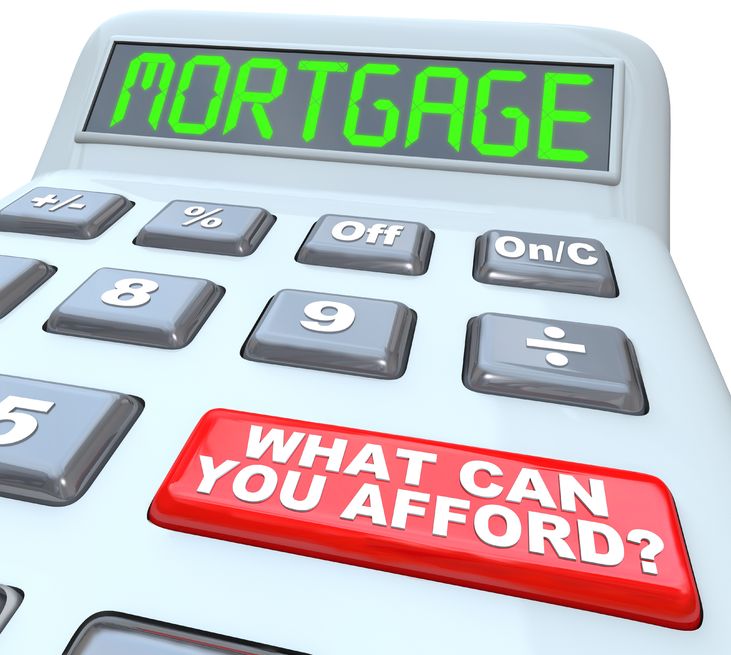The Pros and Cons of Using Spare Funds to Pay Your Mortgage Down Faster
 A home mortgage payment can be a large or even the largest expense in a person’s budget, and not having this payment any longer can be a life changing experience. Because of this, you may be dreaming about the day when you no longer have to make this payment. Some people may even actively make extra payments to their mortgage in order to pay the outstanding balance off more quickly. These may be funds from an IRS tax refund, cash received from the holidays or a birthday or some other windfall. Before you make the decision about whether to use spare funds to pay your mortgage down more quickly, consider these pros and cons.
A home mortgage payment can be a large or even the largest expense in a person’s budget, and not having this payment any longer can be a life changing experience. Because of this, you may be dreaming about the day when you no longer have to make this payment. Some people may even actively make extra payments to their mortgage in order to pay the outstanding balance off more quickly. These may be funds from an IRS tax refund, cash received from the holidays or a birthday or some other windfall. Before you make the decision about whether to use spare funds to pay your mortgage down more quickly, consider these pros and cons.
The Benefits of Making Extra Mortgage Payments
You can shave many years off of your home mortgage when you make even a single extra payment each year. This can help you to achieve long-term financial goals, build equity and avoid paying more than necessary in interest charges. Keep in mind that any principal that is removed from the outstanding balance now will not generate interest charges going forward. This can have a snowball effect on your home equity, and this is especially true when you make extra payments on a regular basis.
Why Extra Payments Are Not Always the Best Option
Clearly, there are some great benefits associated with making extra payments on your home mortgage. However, there are also some downsides to consider before you take this step. Your home mortgage may be one of your debts with the lowest interest rate.
For example, many mortgage interest rates today are below five percent while some credit card rates may exceed 15 or 18 percent. Over the long-term, you may benefit more from savings on interest charges by reducing higher interest rate debts. Even if you have no other debts besides your home mortgage payment, you may be able to invest the money for a higher return than the interest rate on the mortgage.
Each person has different short and long term goals as well as a different financial situation to consider. With how low mortgage rates are today, however, many will benefit from paying off high interest rate debts and making smart investment decisions with any extra money they have.

 If your personal budget is similar to many other people’s budgets, your home mortgage payment is by far the largest expense that you pay for each month. In fact, this payment may easily account for 20 or 25 percent or more of your take-home income.
If your personal budget is similar to many other people’s budgets, your home mortgage payment is by far the largest expense that you pay for each month. In fact, this payment may easily account for 20 or 25 percent or more of your take-home income. If you are thinking about buying a new home in the near future, you may already be searching online to get a feel for the different types of homes available in the local area. You may have reviewed your budget, and you may have a fair idea about a sales price that is comfortable for you to afford.
If you are thinking about buying a new home in the near future, you may already be searching online to get a feel for the different types of homes available in the local area. You may have reviewed your budget, and you may have a fair idea about a sales price that is comfortable for you to afford. When you are going through the process of looking for a new home, you are probably focused on the sticker price of that home. Even though it is important to think about your down payment, your monthly mortgage payment, and the total amount of the loan, there are other expenses that you might need to cover as well. If you do not put down enough money, there is a chance that the lender could ask you to pay for something called private mortgage insurance. What is private mortgage insurance and how much do you have to pay? There are several important points that you should keep in mind.
When you are going through the process of looking for a new home, you are probably focused on the sticker price of that home. Even though it is important to think about your down payment, your monthly mortgage payment, and the total amount of the loan, there are other expenses that you might need to cover as well. If you do not put down enough money, there is a chance that the lender could ask you to pay for something called private mortgage insurance. What is private mortgage insurance and how much do you have to pay? There are several important points that you should keep in mind. As we move into 2021, there are a lot of people who are thinking about getting a mortgage. Even though it is a great time to look for a home loan right now, it is also important for everyone to make sure they place themselves in the best position possible to be successful. It is important to take the following steps for those who are interested in applying for a new home loan this year.
As we move into 2021, there are a lot of people who are thinking about getting a mortgage. Even though it is a great time to look for a home loan right now, it is also important for everyone to make sure they place themselves in the best position possible to be successful. It is important to take the following steps for those who are interested in applying for a new home loan this year.